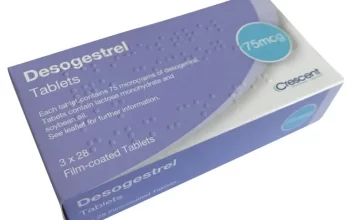A cancer diagnosis, like mesothelioma, can be overwhelming, leaving you full of questions and concerns. You may feel bombarded with information and wondering how your treatment plan will affect your physical, mental, and emotional health. While there may be many things that you feel like you have little control of after your cancer diagnosis, you can take control of your nutrition in order maintain and boost your health while you fight your cancer. Here are some ways to get the most out of your nutrition during and after your mesothelioma treatment:
Benefits of Good Nutrition During Cancer Treatment
Food may be one of the last things on your mind after you’ve been diagnosed with cancer or are going through treatment. According to Belluck & Fox, loss of appetite, weight loss, and abdominal pain are common symptoms of mesothelioma and as a result your body may be lacking the important nutrients it needs. However, making sure you diet is a balance of protein, carbohydrates, fat, vitamins, minerals, water and cancer fighting foods, can greatly benefit you during your cancer treatment.
If you make a commitment to good nutrition, you may feel better, have an easier time keeping up your strength and energy, maintain (and even gain) weight, lower your risk of infection, tolerate side effects related to your treatment, and heal/recover faster.
Getting Started on the Road to Good Nutrition
Among all the other things you are facing, you may be overwhelmed at the thought of changing your diet. One of the best ways to get started is by visiting with a registered nutritionist and he or she will tell you everything you need to know. To make the most of your appointment, write down any questions or concerns you may have about your nutrition. For example, some patients encounter issues with eating after surgery, radiation, and/or chemotherapy. Additionally, you should be informed of any common eating problems, such as throat pain or constipation, that may interfere with your daily nutritional needs.
One good way to stay on track with your nutrition, once you get started, is to stock your freezer with healthy meals that you (with the help of family and friends) have prepared ahead of time. These meals will come in handy on the days when you struggle with a lack of energy or your day is full of appointments. You may also have family and friends who are eager to bring you lots of foods. While this can be a wonderful gesture and extremely helpful, don’t be afraid to make healthy requests. That said, if you have a favorite “comfort food”, try to find a healthier version of the recipe or feel free to indulge, but in moderation.
Keeping Track of Your Nutrition
Sometimes the easiest way to eat healthy is to hold yourself accountable. By downloading a food tracking app, such as MyFitnessPal, to your smartphone, you are able to keep track of all the food you eat every day, the nutritional value, and make sure that you are getting a good balance of protein, carbohydrates, and vitamins throughout the day.
Related Posts












